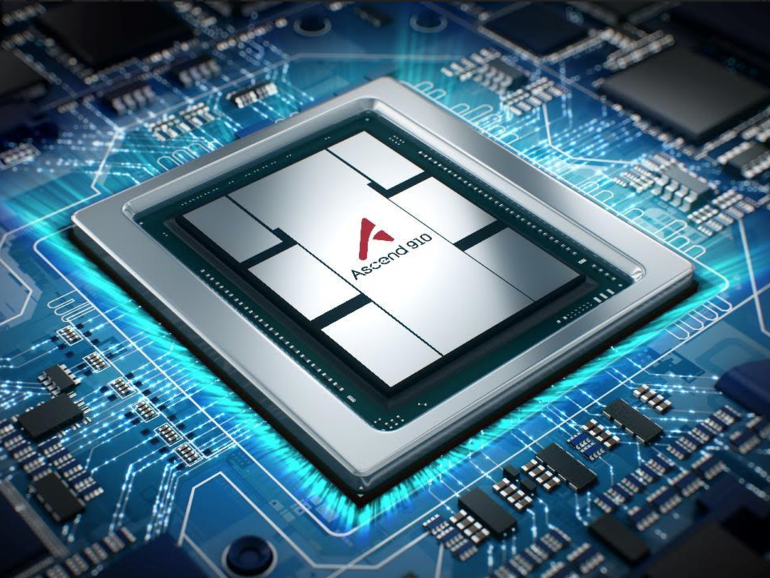Huawei is making significant strides in China’s AI market with its next-generation Ascend 910D AI chip, currently in the testing phase. According to a report by the Wall Street Journal, domestic firms are set to receive samples of the chip by late May, positioning Huawei to potentially challenge NVIDIA’s dominance in the region.
The Ascend 910D is expected to be more powerful than NVIDIA’s Hopper generation H100 AI accelerators, which were previously favored by the Chinese AI industry. Although details about the chip remain scarce, its development comes as Huawei continues to make advancements in the AI sector despite facing export restrictions and supply chain challenges.

The Ascend 910C, Huawei’s previous AI chip, was initially touted as a rival to NVIDIA’s H100 but ultimately competed more closely with the cut-down H20 AI GPU. While this was still considered a significant achievement, Huawei appears to be pushing the boundaries with the Ascend 910D.
In addition to its standalone AI GPU segment, Huawei has been developing capable AI clusters that compete with NVIDIA’s offerings. The company has developed the CloudMatrix 384 AI cluster, featuring Ascend AI chips and performance comparable to NVIDIA’s GB200 NVL72 ‘Blackwell’ AI server, by prioritizing performance over efficiency.
However, Huawei faces challenges related to its supply chain, relying on chips from SMIC and TSMC that were sourced before the export restrictions. The limited supply of these chips and the need to use older technologies like HBM2 are significant hurdles for the company.
Despite these challenges, Huawei’s advancements in the AI sector position the company as a potential leader in China’s AI industry, particularly as NVIDIA faces new export restrictions and increased competition from local players.


